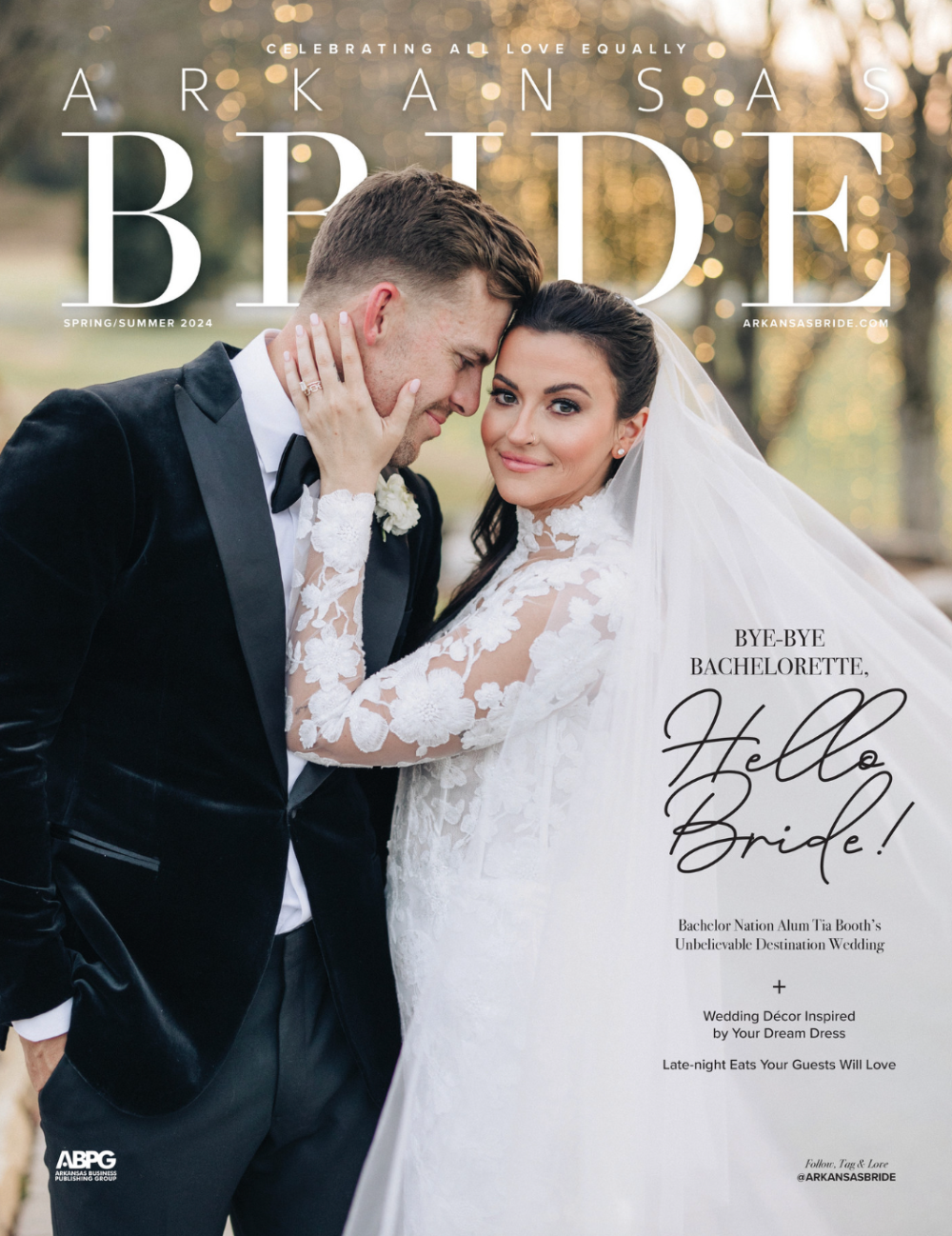It is courteous for the host of the rehearsal dinner (either the father of the groom or the groom) to stand and thank guests for coming and the bride’s parents for hosting the wedding. This toast is to be given during dinner, not after. The groom should repeat this action at the reception, thanking the bride’s parents and guests for their love and support. These rules can be applied to the best man's toast at the wedding itself.
Here are five "dos & don'ts" to remember for your toastmaking.
Do toast. Especially at the rehearsal dinner, a toast from the groom and his family is expected toward the beginning or end of the meal. In any case, something as basic as thanking everyone for coming and professing your love and excitement to the bride is sufficient.
Hint: If wedding party gifts are being exchanged at the rehearsal, giving the gifts after your toast is proper.
Do plan ahead, especially if you know you’re going to be nervous. A prepared speech will save time and make sure you say everything you meant to. It’s also wise to plan out who toasts and when beforehand to minimize confusion.
Don’t be long-winded. Rules about toasting during a rehearsal dinner are more flexible, but in general, keep it short and sweet to give other people plenty of time to toast too. More than three minutes and you’re probably going overboard.
Don’t overindulge. An overly inebriated toast is awkward for everybody. Go light on the libations to prevent any undue embarrassment, and make sure you’re not celebrating on an empty stomach.
Do inject your personality (but don’t get too personal). Engaging toasts often include stories reflecting a close friendship with the bride and groom or anecdotes from their love story. However, bringing up exes or sharing details from the bachelor party is ill-advised.











